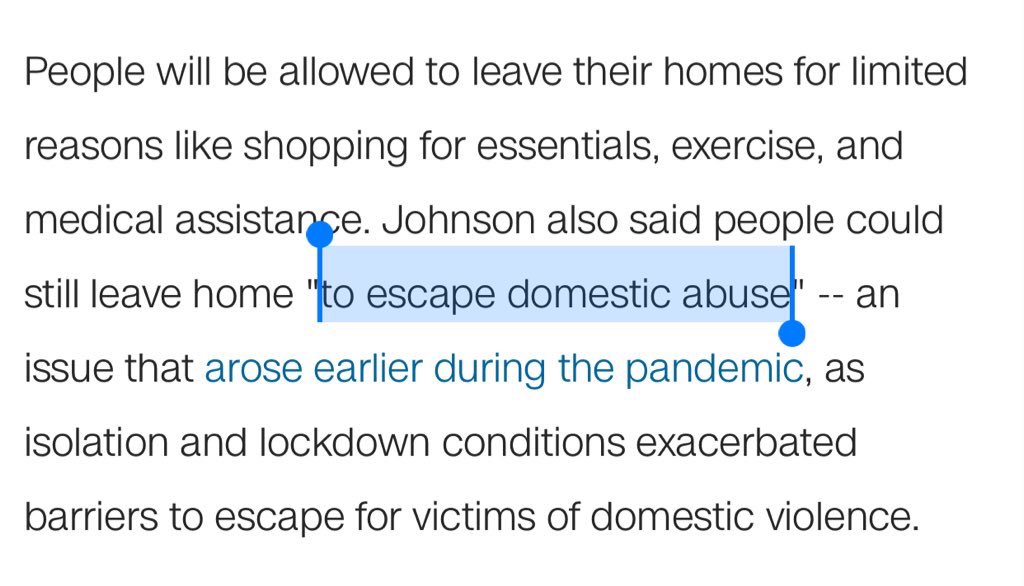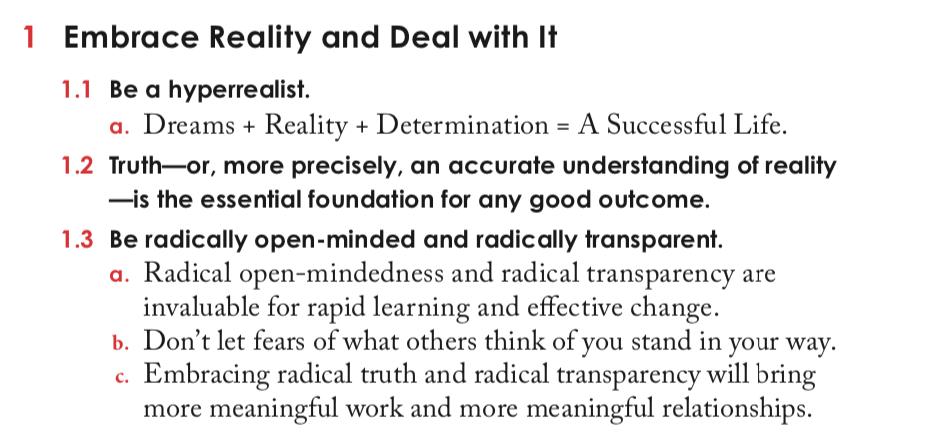“First of all, he’s not my husband. Also, this is my body, I take care of it.” https://t.co/SqzluTtJKb
Three years ago today, I was icing my knuckles because I’d beaten the fuck out of a man who had groped me in a club a couple of nights before. I wrote about it in my new essay https://t.co/SqzluTtJKb 📷 @rerutled #IBeatMyAssaulter

“First of all, he’s not my husband. Also, this is my body, I take care of it.” https://t.co/SqzluTtJKb
As long as we obey and behave in ways it approves of, of course. Protection is conditional.Because if we disobey, ha! I don't want to be protected. I want to be free
Five days earlier, I had started #MosqueMeToo to talk about being sexually assaulted during pilgrimage and women from around the world shared stories 🎥 @rerutled

Under #MosqueMeToo men asked me, “Why didn’t you make more of a fuss?” Under #IBeatMyAssaulter men said, “You made too much of a fuss. You were too violent. Don’t you think you overreacted?”
If at most sacred of temples-holiest site of my religion-I am not safe from predatory hands, where am I safe? If at most secular of temples-a club-predatory men also insist on assaulting us, where are we safe?

I also know that we are not socialized to fight back. We are not taught to fight back. https://t.co/SqzluTtJKb
How long must we wait until men stop beating and murdering us, even under #COVID19 lockdown? Where is the vaccine against that violence?
🎥 @rerutled

FEMINIST GIANT is free, no paywall, no ads.
If you can pay, it helps to keep it free
https://t.co/u0gNlM4GVV
"The vast majority of women in prison have been victims of violence prior to their incarceration incl domestic violence, rape, sexual assault" https://t.co/TIIgNzaC8F
More from Mona Eltahawy
Marjorie Taylor Greene is dangerous and vile
Marjorie Taylor Greene is dangerous and vile.
Marjorie Taylor Greene indicated support for executing prominent Democrats in 2018 and 2019 before running for Congress
Marjorie Taylor Greene is dangerous and vile.
Republican Who Endorsed School Shooting Conspiracies to Join House Education Panel
First-time GOP Congresswomen Marjorie Taylor Greene and Lauren Boebert might not have been among the fanatics who stormed the Capitol on January 6, but their views very much make them fanatics within that same building.https://t.co/lrDeHmNNgf
— Mona Eltahawy (@monaeltahawy) January 15, 2021
Marjorie Taylor Greene is dangerous and vile.
Marjorie Taylor Greene indicated support for executing prominent Democrats in 2018 and 2019 before running for Congress
Marjorie Taylor Greene is dangerous and vile.
Republican Who Endorsed School Shooting Conspiracies to Join House Education Panel
More from Life
You May Also Like
Margatha Natarajar murthi - Uthirakosamangai temple near Ramanathapuram,TN
#ArudraDarisanam
Unique Natarajar made of emerlad is abt 6 feet tall.
It is always covered with sandal paste.Only on Thriuvadhirai Star in month Margazhi-Nataraja can be worshipped without sandal paste.

After removing the sandal paste,day long rituals & various abhishekam will be https://t.co/e1Ye8DrNWb day Maragatha Nataraja sannandhi will be closed after anointing the murthi with fresh sandal paste.Maragatha Natarajar is covered with sandal paste throughout the year

as Emerald has scientific property of its molecules getting disturbed when exposed to light/water/sound.This is an ancient Shiva temple considered to be 3000 years old -believed to be where Bhagwan Shiva gave Veda gyaana to Parvati Devi.This temple has some stunning sculptures.

#ArudraDarisanam
Unique Natarajar made of emerlad is abt 6 feet tall.
It is always covered with sandal paste.Only on Thriuvadhirai Star in month Margazhi-Nataraja can be worshipped without sandal paste.

After removing the sandal paste,day long rituals & various abhishekam will be https://t.co/e1Ye8DrNWb day Maragatha Nataraja sannandhi will be closed after anointing the murthi with fresh sandal paste.Maragatha Natarajar is covered with sandal paste throughout the year

as Emerald has scientific property of its molecules getting disturbed when exposed to light/water/sound.This is an ancient Shiva temple considered to be 3000 years old -believed to be where Bhagwan Shiva gave Veda gyaana to Parvati Devi.This temple has some stunning sculptures.

Nano Course On Python For Trading
==========================
Module 1
Python makes it very easy to analyze and visualize time series data when you’re a beginner. It's easier when you don't have to install python on your PC (that's why it's a nano course, you'll learn python...
... on the go). You will not be required to install python in your PC but you will be using an amazing python editor, Google Colab Visit https://t.co/EZt0agsdlV
This course is for anyone out there who is confused, frustrated, and just wants this python/finance thing to work!
In Module 1 of this Nano course, we will learn about :
# Using Google Colab
# Importing libraries
# Making a Random Time Series of Black Field Research Stock (fictional)
# Using Google Colab
Intro link is here on YT: https://t.co/MqMSDBaQri
Create a new Notebook at https://t.co/EZt0agsdlV and name it AnythingOfYourChoice.ipynb
You got your notebook ready and now the game is on!
You can add code in these cells and add as many cells as you want
# Importing Libraries
Imports are pretty standard, with a few exceptions.
For the most part, you can import your libraries by running the import.
Type this in the first cell you see. You need not worry about what each of these does, we will understand it later.

==========================
Module 1
Python makes it very easy to analyze and visualize time series data when you’re a beginner. It's easier when you don't have to install python on your PC (that's why it's a nano course, you'll learn python...
... on the go). You will not be required to install python in your PC but you will be using an amazing python editor, Google Colab Visit https://t.co/EZt0agsdlV
This course is for anyone out there who is confused, frustrated, and just wants this python/finance thing to work!
In Module 1 of this Nano course, we will learn about :
# Using Google Colab
# Importing libraries
# Making a Random Time Series of Black Field Research Stock (fictional)
# Using Google Colab
Intro link is here on YT: https://t.co/MqMSDBaQri
Create a new Notebook at https://t.co/EZt0agsdlV and name it AnythingOfYourChoice.ipynb
You got your notebook ready and now the game is on!
You can add code in these cells and add as many cells as you want
# Importing Libraries
Imports are pretty standard, with a few exceptions.
For the most part, you can import your libraries by running the import.
Type this in the first cell you see. You need not worry about what each of these does, we will understand it later.























